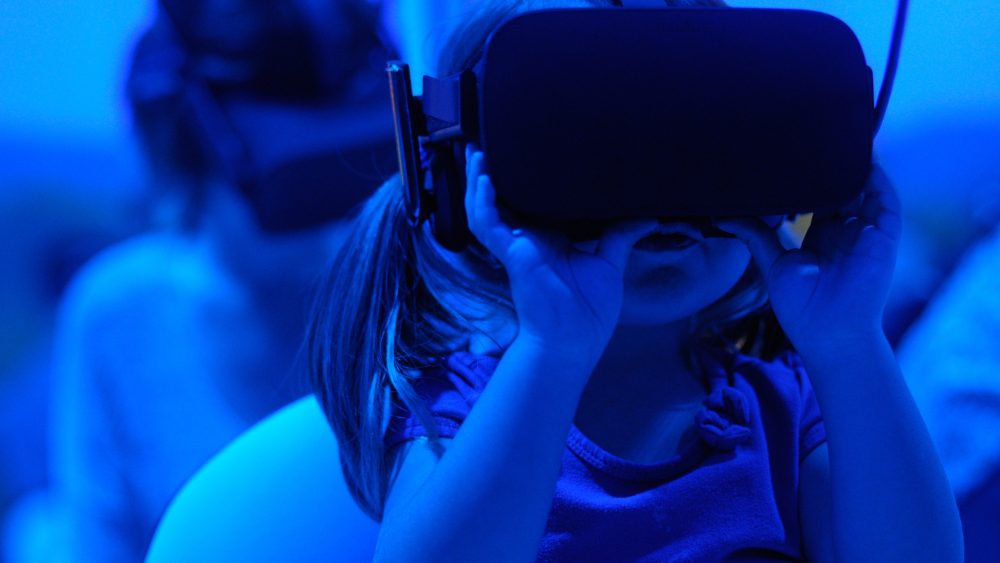Digital technologies have transformed our everyday lives and our modern worldviews. While digital technologies have the potential to drive innovation in ways previously unimagined, they also pose significant challenges to democratic values and human rights. A new interdisciplinary research group sets out to develop a better understanding of how digital inequalities impact human rights in a world that is increasingly polarized.
The thorough integration of digital technologies in the way we live, work, and interact prompts questions of inequality and exclusion. Innovative digital technologies, such as AI and LLMs that power technological products like chatGPT and other chatbots, have serious societal implications, resulting in potentially far-reaching digital inequalities.
We already know that the use of algorithms in digital spaces – including facial recognition technology – can lead to injustice and discrimination, particularly affecting vulnerable groups in polarized and unequal societies. In a recent article in TIME Magazine, Max Tegmark critically reflects that AI has “side effects worthy of concern”, including bias and discrimination, privacy loss, mass surveillance, job displacement, growing inequality, as well as misinformation and power concentration that are threats to democracy.
Digital inclusion and empowerment research shows that marginalized groups are further driven away from inclusion by state schemas like Sweden’s Digital First Mission that was initiated in 2015, with the agenda to become world-leading in digital public services. But, the value of digital technologies is defined by its people and the society that creates them. As such, digital technologies have the potential to either reify and deepen existing inequalities or offer enhanced potential for people to exercise their rights. With the rapid development of AI comes new challenges also for policy makers to make ethical decisions. Digital inequalities adversely affecting marginalized communities are part of the dynamic of the persistent unequal distribution of resources. Sen’s notion of inequality shows that inequality has gone through radical transformation, apparent in digital inequalities today.
One projection is that the number of technological devices connected to the internet will exceed the number of the world’s population, predicted to reach close to 30 billion devices by 2030. This equals 3.5 internet connected devices per individual. However, the distribution of such connectivity will remain unequal, where at least half of the world’s population will continue to remain underprivileged and disconnected.
The motivation to address the pressing issue of rising digital inequalities as a threat to human rights, stems from the fact that digitalisation has a controversial and potentially harmful role, and so it is not only about securing access for underprivileged communities. We need to understand the complexities of digital technologies, and especially their challenge to privacy, dignity, and equality, as core dimensions of human rights.
There is no doubt that digitalisation in many ways facilitate the right to free expression and has given momentum to social movements. Campaigns like #metoo, Refugees Welcome, and Fridays for Future have educated, alerted, and mobilized the world to steer action in the right direction in a way and with a speed that was unthinkable in pre-digitalisation times. But, the prevalent view of digitalisation as a global phenomenon is one-sided and often a westernized thought that oversimplifies global and international relations. Digitalisation is a privileged phenomenon and this raises crucial questions of justice and human rights. The inclusion of internet access targets in the UN 2030 agenda for Sustainable Development implies the acknowledgement of the central role of digitalisation in all aspects of human development and the fact that its benefits are not accessible to all segments of society, equally.
Digital-by-default policies have exacerbated digital inequalities, not only for the elderly, people with disabilities, and the poor but even for the very young, who start their own journeys manoeuvering through a complex digital landscape, that often finds them ill-equipped to understand the consequences. One question is whether countries like Sweden, that rank highly on the sustainable development agenda, have a particular social responsibility to ensure purposeful, cautious, reasoned, and ethical advancement of digitalization.
Developing a better understanding of how digital inequalities impact human rights in a world that is increasingly polarized is absolutely vital, and that is what we now set out to do. In an Advanced Study Group, with support from the Pufendorf Institute, we will explore the role digital technologies play across different levels of socio-economic status, across the globe.
For the Advanced Study Group Human Rights, Digital Inequalities, and the Social Consequences of AI.
Miranda Kajtazi and Lena Halldenius
Acknowledgements
We gratefully acknowledge the crucial contributions of the late Desmond Johnson. Without his initiative and enthusiasm, this Advanced Study Group would not have happened.
We also acknowledge the contributions of Prof. Cathy Urquhart, visiting professor at Department of Informatics, Lund University and Dr. Becky Faith, from the Institute of Development Studies, University of Sussex, UK.

